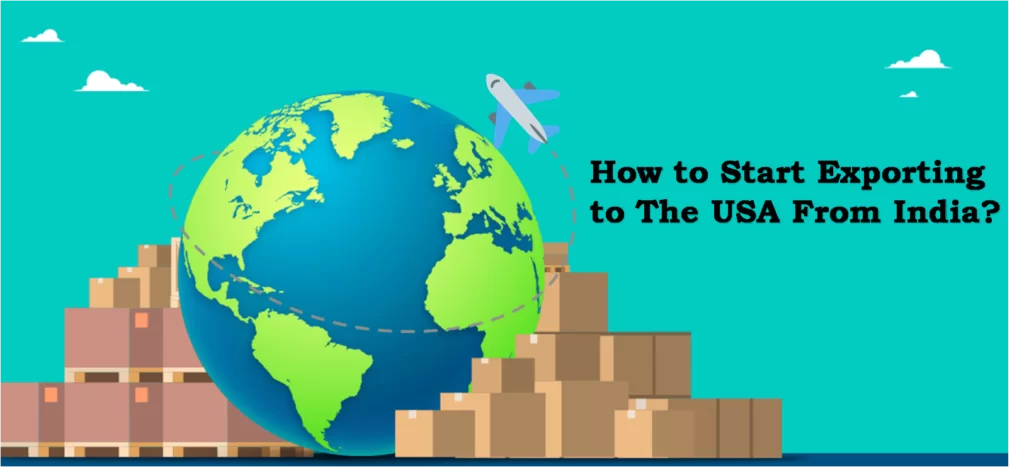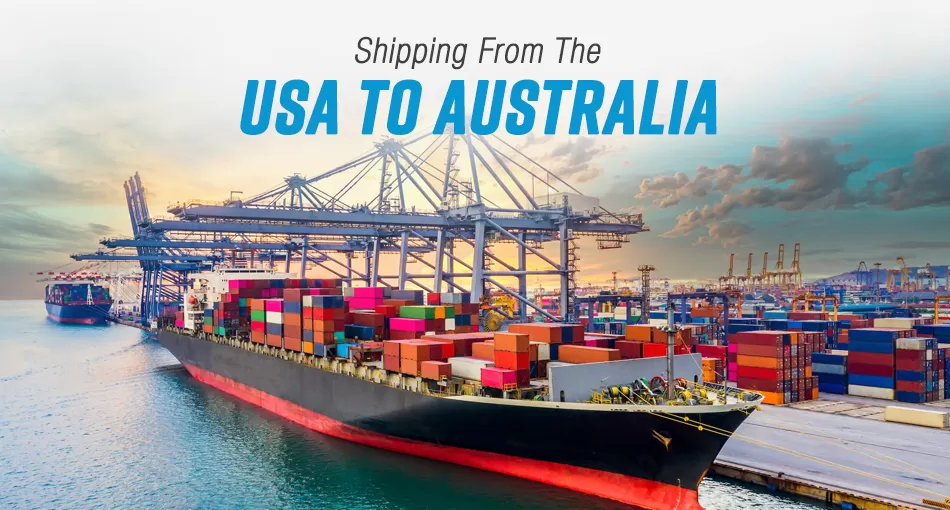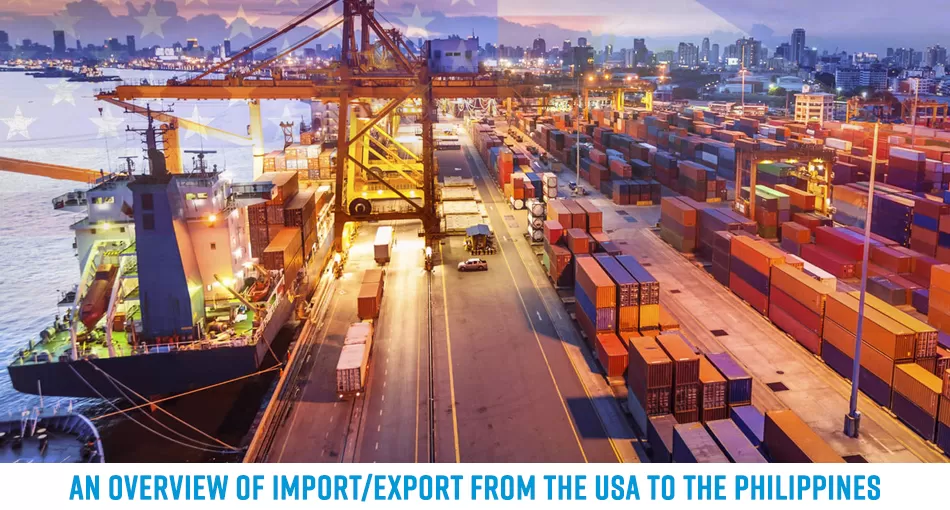Freight can be identified as any shipment weighing more than 150 lbs. Freight shipping is the movement of goods, commodities, and cargo in bulk by ship, air, truck, or intermodal through train and road. Truckload freight shipping consignments can be transported domestically or internationally by land, air, or sea.
The freight forwarding sector is predicted to expand at a compound annual rate (CAGR) of more than 4%. The expansion in international trade volumes is a driving force for the freight forwarding industry.
Considering land transport there are several ways to transport a load to its destination. In this article we will analyze the difference between LTL (Less Than Truckload) method and its primary alternative, the FTL (Full Truckload method).
What Is Full Truckload Shipping?
Truckload shipping implies your freight occupies the whole capacity of a truck’s trailer. The most frequent means of transportation is full truckload shipment, which is projected to be worth $950 billion in the United States. Carriers primarily transport cargo for large businesses, their suppliers, and retailers. Full truckload quotes are based on the size of the cargo and the type of shipment.
When to use Full Truck Load?
Despite being one of the most costly options, Full Truckload Services can be the most efficient depending on the size and weight of your consignment. Obviously, it is the most cost-effective alternative if the weight to be transported exceeds the trailer’s capacity.
Suppose the product to be transported is fragile. In that case, it is undoubtedly a lot better to reserve the whole storage area of the truck for loading to prevent damage from other goods and reduce possible handling while offloading other loads.
What Is Less than Truckload Shipping?
Unlike truckload shipping, less-than-truckload shipping allows you to use a part of the trailer space while splitting the overall load cost with other shippers. Although the LTL market is smaller than different types of transportation, it is popular among small firms and individual shippers. Compared to truckload shipment, this method gives small shippers a lot more flexibility and other advantages.
When to use Less than Truckload?
The logistic costs associated with your items are reduced by sharing trailer space with other loads. The overall weight, density, and distance are used to compute the less than truckload shipping prices. However, keep in mind that the journey might take longer because the truck must deliver the many goods as it is transporting to multiple delivery destinations. Thus, Less Than Truckload transport is preferable if your delivery dates are flexible. By overlooking some efficiency in delivery speed, you can save money on goods logistics, resulting in a higher-end profit. However, less than truckload freight might be opted for intermodal transport to transfer your load on rare instances.
What Is Partial Truckload Shipping?
The most significant distinction between partial truckload and LTL is that partial truckload does not require freight classification. PTL (Partial-Truckload) transportation allows for the convenient transport of goods from multiple customers on the same truck. This allows numerous shippers to share their load and pay only for the space they use, making it a cost-effective way to transport products.
When to use Partial Truckload?
In a figurative sense, a partial truckload often offers an economic advantage over a full truckload. If your product is too little for a full truckload, you can save up to 35% by shipping a partial truckload. Because partial truckload carriers rarely stop at distribution facilities on their way to their destination, your shipment will be handled less (leading to fewer claims) and may arrive sooner.
Less Than Truckload vs. Full Truckload: Conclusions
The load’s specific features and transportation requirements determine the most cost-effective alternative between LTL and FTL. Faster Freight takes care of all of these details; we’ll examine your logistical needs and recommend the most satisfactory solution based on your demands.




